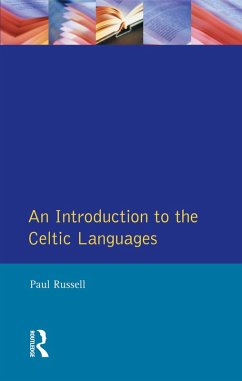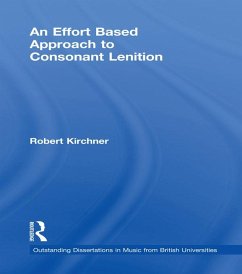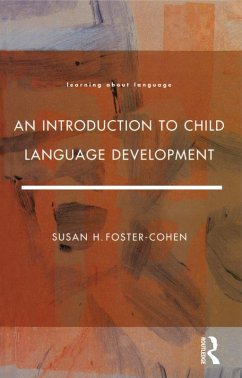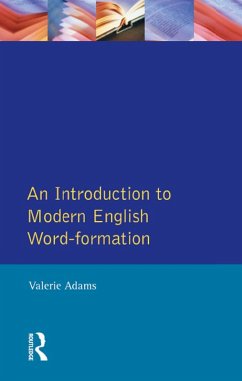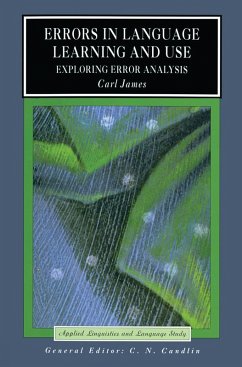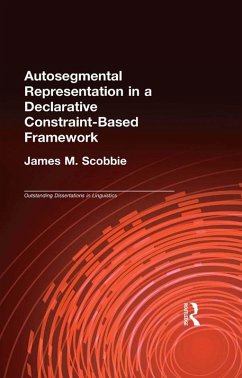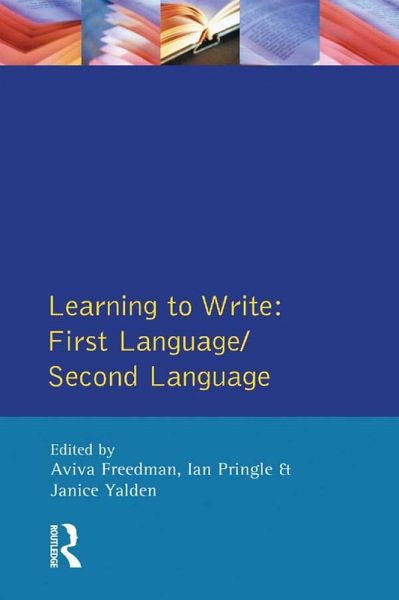
Learning to Write (eBook, ePUB)
First Language/Second Language

PAYBACK Punkte
11 °P sammeln!
First published in 1983. The present volume holds the selected papers of a symposium on CCTE Conference, held in 1979 in Ottawa, Canada. The content provides an introduction and a review of major themes in Writing research and pedagogy. This is in part achieved by the papers themselves, and in part by the introductions the Editors offer to each of the four Parts. Second, the reader is continually presented with a characteristic applied linguistic interplay of research and practice, each affecting the other, in a mutual and interactive manner. Third, the issues of 'Writing as Product versus Wri...
First published in 1983. The present volume holds the selected papers of a symposium on CCTE Conference, held in 1979 in Ottawa, Canada. The content provides an introduction and a review of major themes in Writing research and pedagogy. This is in part achieved by the papers themselves, and in part by the introductions the Editors offer to each of the four Parts. Second, the reader is continually presented with a characteristic applied linguistic interplay of research and practice, each affecting the other, in a mutual and interactive manner. Third, the issues of 'Writing as Product versus Writing as Process', or 'The Teaching of Writing Skills versus the Development of Writing Abilities' or 'The Use of Writing for Learning and Knowing' are not merely issues affecting Writing alone but language learning and teaching as a whole, and one might add, the entire process of education.
Dieser Download kann aus rechtlichen Gründen nur mit Rechnungsadresse in A, B, BG, CY, CZ, D, DK, EW, E, FIN, F, GR, HR, H, IRL, I, LT, L, LR, M, NL, PL, P, R, S, SLO, SK ausgeliefert werden.




